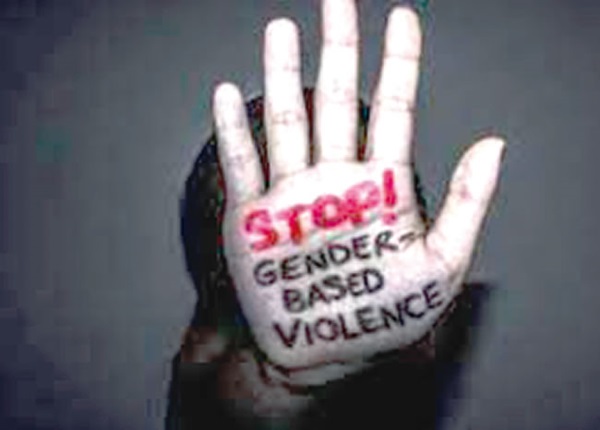
Nigerian stakeholders have called for the urgent need for collective action to combat gender-based violence (GBV) as the world observes the ‘16 Days of Activism against GBV.’
This call was made during a sensitisation visit at the NYSC secretariat in APO, Abuja, aimed at educating corps members about GBV.
According to a report from Science Nigeria, the country has seen a troubling rise in cases of sexual and gender-based violence (SGBV) across various states.
Organisations have expressed concern about the increasing incidence of SGBV, which affects individuals of all genders and can result in long-term emotional distress and even fatalities.
GBV is defined as any harm inflicted on a person or group based on their actual or perceived sex, gender, sexual orientation, or gender identity.
Programme director at the APIN Public Health Initiative, Dr. Darlington Ndubisi noted that GBV is a widespread issue impacting one in three women in Nigeria. He pointed out that it is deeply rooted in cultural, social and economic norms.
“GBV is a human rights issue, and we must unite to promote zero tolerance. There is no justification or excuse for GBV,” Ndubisi stated.
He highlighted alarming statistics:
– 30 per cent of Nigerian women aged 15-49 experience GBV,
– One in two women faces sexual harassment, and
– One in 20 women are raped; GBV also affects men and boys.
Ndubisi reiterated that GBV has severe consequences, including physical harm, psychological trauma, and socioeconomic instability. He encouraged victims to report incidents and seek help from organisations that provide support services.
Ms. Elizabeth Isah from the prevention department of APIN indicated that the organisation is collaborating with government agencies, traditional leaders, and community members to tackle GBV.
Isah explained that the program aims to raise awareness and mobilise corps members as change agents in the prevention of GBV.
A corps member Ms. Onwuasoanya Madeleine advocated for stronger laws and support systems for victims, stating, “Perpetrators must face punishment, regardless of their status. Victims deserve safety, therapy, and justice.”
Mr. Tatio Jeremiah Sote emphasised the importance of sensitisation programmes for men and boys, noting, “Men are also victims of GBV. We must address this issue holistically.”
Science Nigeria reports that the 16 Days of Activism against GBV started on November 25 and will be concluded on December 10.
APIN Public Health Initiative is a non-governmental organisation dedicated to promoting health and human rights in Nigeria.

